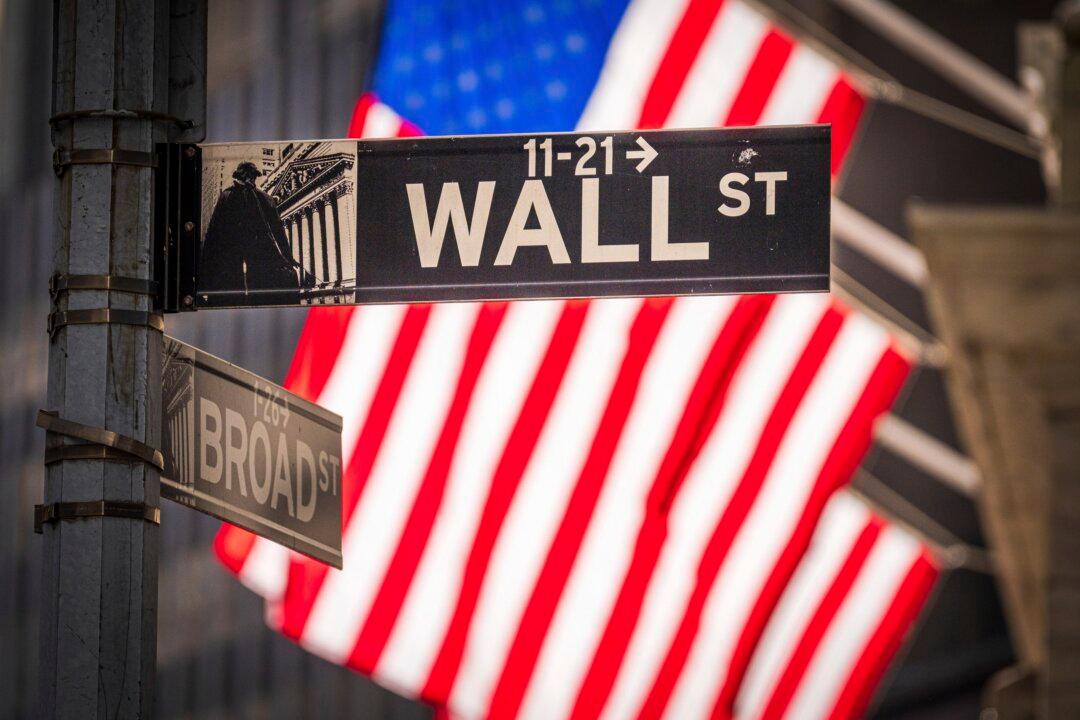Commentary
Wall Street seems to have endorsed Washington’s hostility toward China trade and Chinese economics. Investment flows from U.S. sources to China have begun to decline.

Wall Street seems to have endorsed Washington’s hostility toward China trade and Chinese economics. Investment flows from U.S. sources to China have begun to decline.